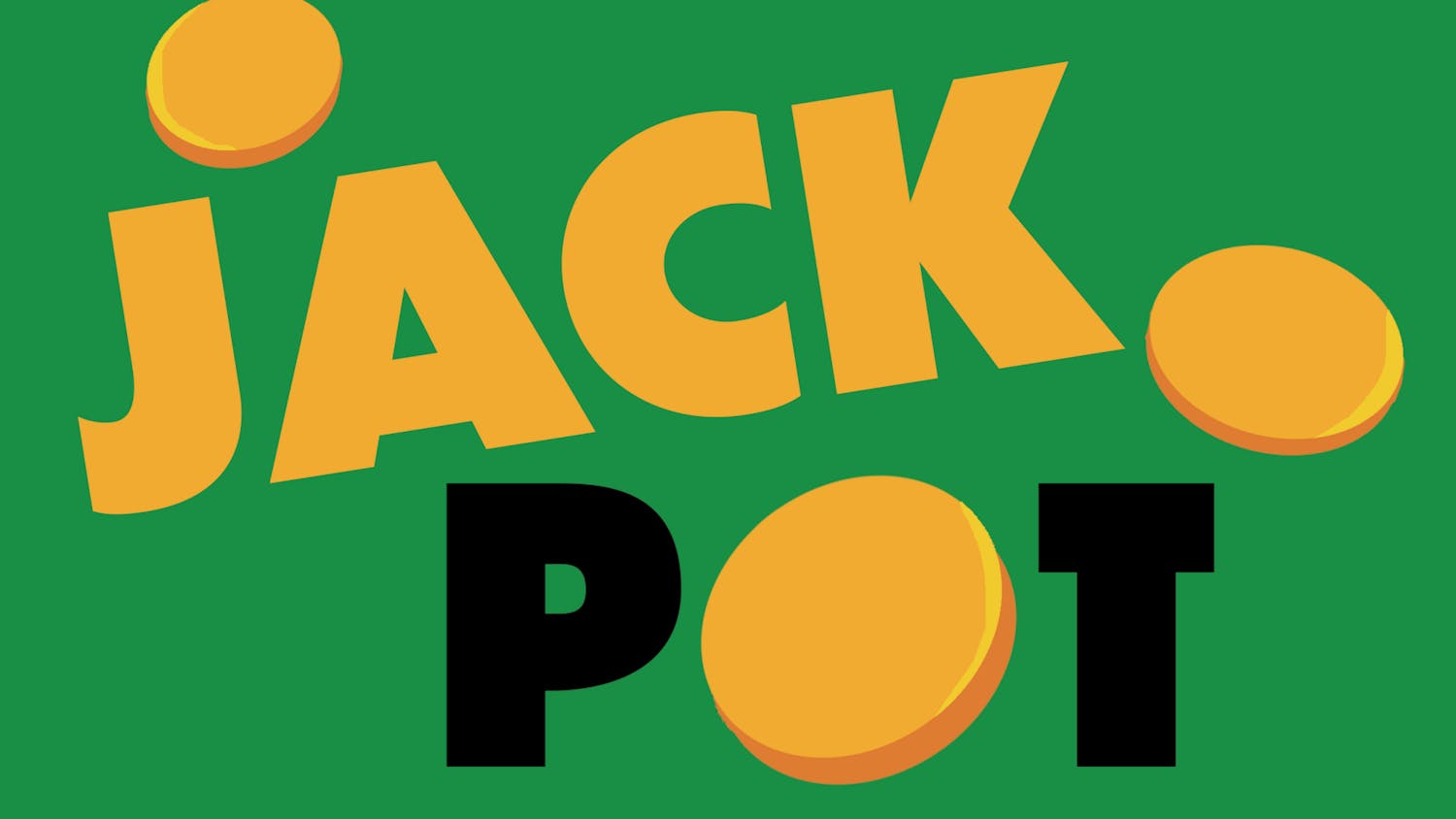What is the impact of DACA on LGBTQ folk?
delfin bautista: To give a little background on what is going on in the United States — if you have been too stressed by the news. On Tuesday, September 5th, the 45th president of the United States rolled back the Deferred Action for Childhood Arrivals, DACA for short. This program was introduced under the Obama Administration in 2012. This policy allowed for undocumented individuals who came to America as children the ability to work and study in the United States. The people who have benefited from this program are known as Dreamers. Now to answer the actual question “Why is it important for the queer community to stand in solidarity with the Dreamers?” There is the witty knee-jerk reaction is say there is this idea basic human decency. This is a valid answer, but for those who do not feel that this answer is enough There are many Undocuqueers and queer Dreamers out there. These people are our brothers, sisters, siblings, partners, friends, spouses and comrades. Within the community we need to look at this through an intersectional lens. Every single person who identifies as queer has faced oppression in one way or another. This is not the time or place to start the oppression olympics but rather this is the time to become aware of your privilege and stand up for those who will be affected by this and for those who cannot stand up for themselves right now.
Why should Muslim solidarity matter to LGBTQ folk?
Cass Paul: Muslim solidarity is a queer issue. Solidarity and support with other marginalized groups can be explained in these three main reasons: representation, systematic oppression, and intersectional feminism. These three categories can stand alone, but they also overlap in many ways. Representation of queer folk is not limited to the stereotypical gay, cis-gendered, white man that may or may not have a Christian background. Queer folk come in all shapes, sizes, colors, religions, etc. People that are Muslim and also queer are more often forgot about when the crossover of sexuality and religion are brought up and we focus mostly on Christianity. We need a stronger representation of queer support when it comes to our friends that are in our LGBT+ community, but outside our own personal religious communities. This brings me to the second point of systematic oppression. Not only do we need to be there for our queer friends that are Muslim, but also our cis and straight counterparts as well. The more we understand systematic oppression, the more we know that all oppression is connected: race, religion, sex, gender, sexuality, ability, class, immigration status, etc. We are not able to fight one cause without fighting for others as well. Folks that are benefiting from the privileges of oppressed groups want the marginalized to be divided so our numbers fall and we are too busy fighting over “who is more oppressed?” Finally, intersectional feminism sheds light on all the intersects that go into systematic and institutional oppression. We as humans have so many layers that play into our identities. We cannot fight for queer folks and leave out our Muslim friends because they are “not a part of our community.” Humans are not limited to single identities and oppression is not limited to one group.
--
Send your questions: via email to lgbt@ohio.edu and/or oulgbtcenter@gmail.com; via Tumblr (oulgbtcenter); via Twitter to @oulgbtcenter with hashtag #qaqueer; or post/message to Facebook (oulgbtcenter). So bring it on, do it to it, and query a queer.
delfin is the Director of the LGBT Center, faculty advisor to the Latino Student Union, and adjunct lecturer for the Social Work Program and Women’s, Gender, and Sexuality Studies.
Cass Paul is the Outreach Coordinator for the LGBT Center






